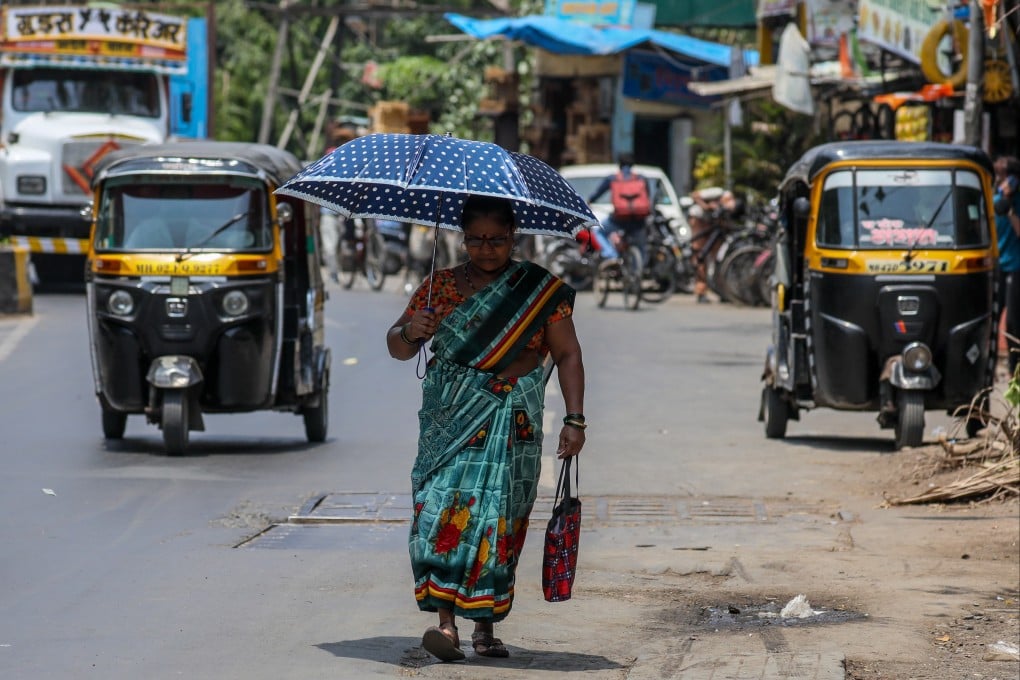Warming world ‘brutalises’ women as heatwaves deepen gender divide in India, US, Nigeria
- Extreme heat creates a ‘double burden’ for women, who are more susceptible to falling ill from heat but also expected to care for those who are sick from heat, a report has warned
- Those from the poorest and marginalised communities will suffer the biggest blow to their productivity, the report adds

Women will bear the brunt of extreme heat as more frequent heatwaves on a warming planet pose a growing threat to their work, earnings and lives, researchers have warned.
The impacts of rising heat are disproportionately dangerous and costly to women – be it at home or on the job – according to a report titled “The Scorching Divide” by the Adrienne Arsht-Rockefeller Foundation Resilience Center (Arsht-Rock).
The US-based non-profit’s research, which analysed India, Nigeria and the United States, said that extreme heat could kill 204,000 women annually across the three countries in hot years.
“Extreme heat is quietly but profoundly brutalising women worldwide,” said Kathy Baughman McLeod, director of Arsht-Rock. Heat creates a “double burden” for women, the report warned.
“Women are not only more susceptible to physically getting sick from heat, they’re also disproportionately expected to care for everyone else who’s sick from heat, whether that’s paid care or unpaid care,” McLeod said.
Heatwaves are breaking records around the world and the continued release of planet-heating emissions – largely from the use of coal, oil and gas – will push global temperatures into uncharted territory in the coming years, scientists have said.
The debilitating heat will take its toll on women, forcing them to work longer hours – whether outdoors on a farm, for example, or doing unpaid domestic work like cooking and cleaning at home – for less money or no income at all, the report said.
